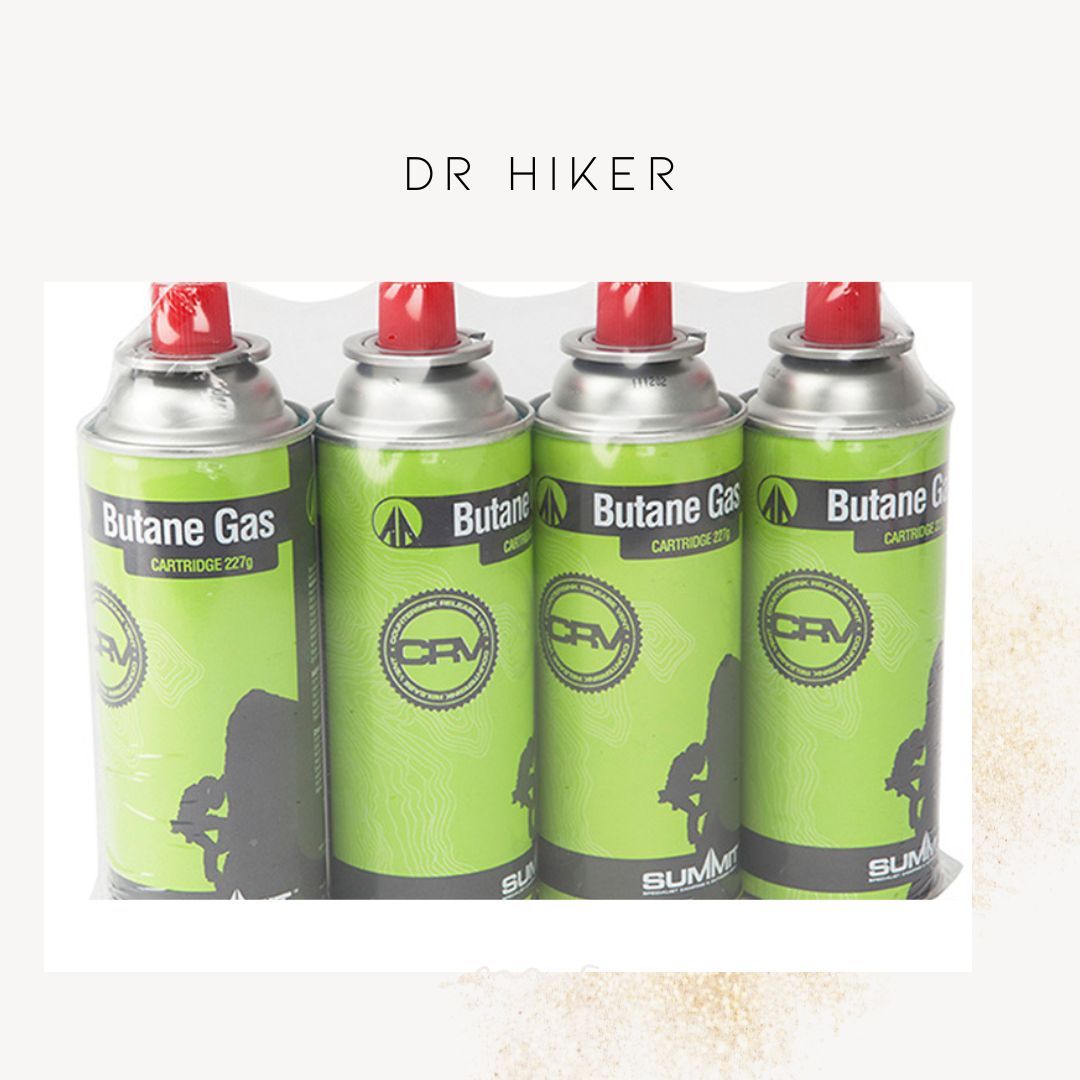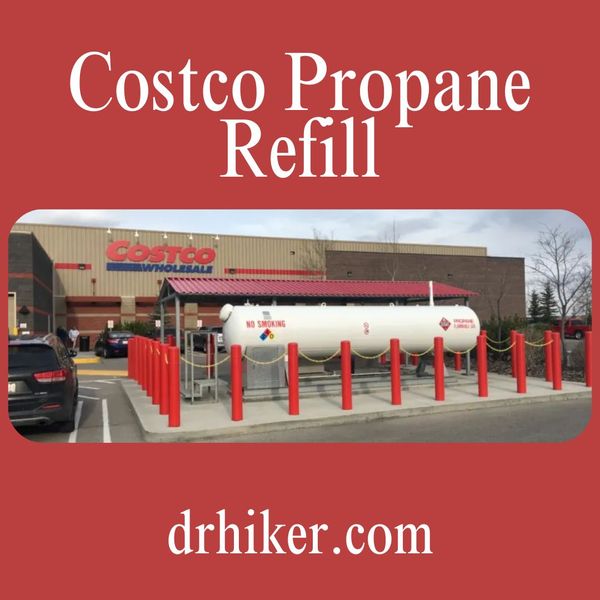Butane is a colorless, odorless, tasteless gas with the formula C4H10. It is the simplest alkane, with the formula CnH2n. Butane is one of the simplest alkanes and has a higher density than air (0.885 g/ml).
Butane is a volatile fuel used in some torches and cigarette lighters. Additionally, it serves as the fuel for aerosols like hairspray. In its gaseous state, it has a boiling point of -81 °C at 1 atm pressure and a freezing point of -25 °C at 1 atm pressure; under these conditions, it boils at -33 °C.
Butane boils at normal atmospheric pressure (101325 Pa) above room temperature and rates about 680 kJ/mol under standard conditions (760 Torr).
How long does a butane canister last? It depends on various factors, including the method of its usage and the stove's brand. Learn more about it in our guide.
For What Butane Is Used?
It is widely used as fuel for motorbikes and automobiles. However, Butane is used for other purposes, such as cooking food and vaporizing essential oils.
Three Main Purposes Of Butane
- Butane is used as fuel in many small appliances. The appliances include portable stoves, hot plates, grills, camp stoves, and lanterns. Butane can also be used as an aerosol propellant found in hair sprays and other aerosols.
- Butane is an energy source in small electronic devices such as portable CD players and MP3 players. These devices use Butane because it's non-flammable and lightweight.
- Butane is also used as fuel for certain medical devices, such as oxygen concentrators and nebulizers for inhalation therapy for people with asthma or cystic fibrosis.
More About Butane

Butane can be used as a solvent for paint, adhesives, and other products. Additionally, it's employed in the production of electronics and polymers. For example, it is used to make synthetic rubber and plastic materials. Vinyl acetate and butadiene, two components of synthetic rubbers and plastics, are also made using Butane.
Butane is an uncolored gas at room temperature with a slightly sweet odor. It can be easily ignited with a match or flame, making it an ideal fuel for camping stoves and lanterns.
In addition to its usefulness as a fuel, Butane is also seen in solvents such as nail polish remover and automotive products such as brake fluid.
Things Hikers Need To Know Before Hiking
Before embarking on the journey to a fantastic alpine location with beautiful weather and the sound of running water, consider that you are at a camp without a stove other than a butane gas canister for cooking. It stands to sense that you would prefer to learn more immediately about it.
Let's get started straight now!

Does Butane Expire?
The short answer is yes; butane gas does expire. Butane is a very stable molecule that doesn't break down or change in quality over time.
It's just that the amount of Butane in a canister or cylinder can be depleted over time, and if there's not enough Butane left to light your torch, then you'll have to make sure that you have some extra cans on hand at all times.
The longer answer is that butane gas will not expire until its molecular structure changes or the canister or cylinder itself deteriorates.
Once the canister or cylinder becomes physically degraded (such as by having its nozzle poked) or chemically unstable (such as by being exposed to high temperatures), butane gas may become dangerous to use...
Steps To Consider For Butane Expiration
Butane gas does not expire for a great period. However, a butane torch can expire after it has been used for a certain amount of time. To check your Butane's expiration date, you need to take the following steps:
- Remove the existing fuel from the torch.
- Insert a little screwdriver into the spot on top of the torch and turn it counter-clockwise until it comes loose from its position in the torch head.
- You should now see two wires inside the hole that holds your fuel in place; these wires are connected with electrical tape or some other type of tape or glue that keeps them together when you use your torch (or any other item). If these two wires are broken apart, you must replace them with new ones before continuing with your project (or getting a new torch).
- Remove all traces of electrical tape from the wires by pulling them out slowly with pliers (do not stretch too hard, or you might rip them off).
- Insert one end of a new piece of Butane into one side of each wire; push it in far enough so that when you turn your valve down (clockwise), it will cause both ends of
Butane gas can last for years if it is stored properly. Butane gas should be kept in a cool, dry place and away from heat or flames. The best storage containers for butane gas are glass bottles or cans thoroughly cleaned with alcohol.
Butane will not expire as long as it is kept from direct sunlight, moisture, and heat. If you intend to store your gas for over five years, you should consider buying a new bottle instead of refilling an old one.
How to Preserve Butane Canisters

The secure storage parameters are described on the labeling attached to your butane canister. On average, butane canisters must be held inside, out of access of youngsters and pets, and in conditions no lower than 32 degrees Fahrenheit and no higher than 125 degrees Fahrenheit with low moisture content.
When in reason to suspect, contact your neighborhood gas station, fire service, public works office, or a certified disposal site to dispose of unutilized, outdated butane canisters. These institutions are useful resources on how to recycle butane cylinders.
Conclusion
In conclusion, closed butane canisters do not expire; in contrast, it is generally agreed that they can survive up to 10 years and, in some cases, much longer.
Butane canisters that have been unsealed and left idle will continue to be combustible and function properly in your camp stove, but the gas's strength may degrade with time.









